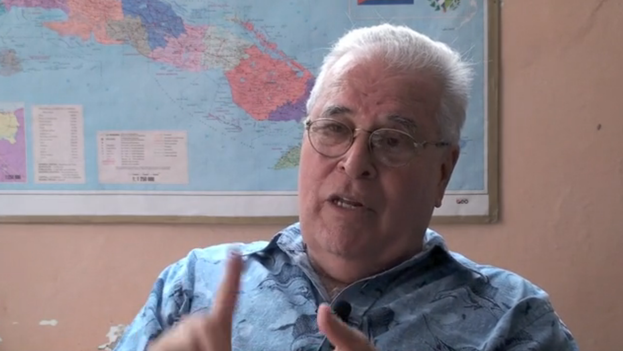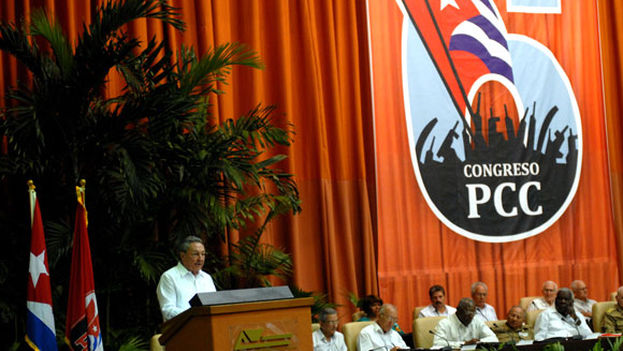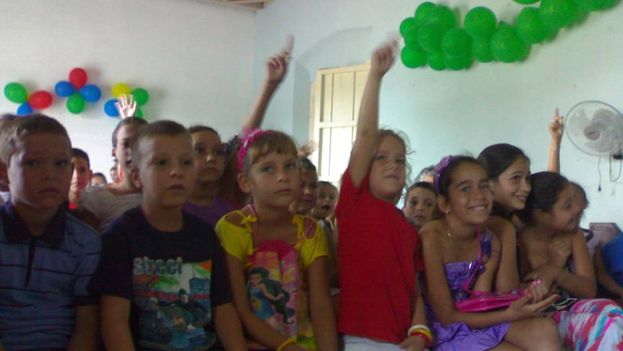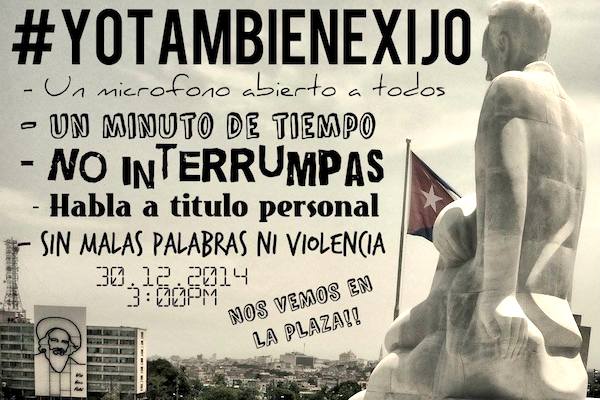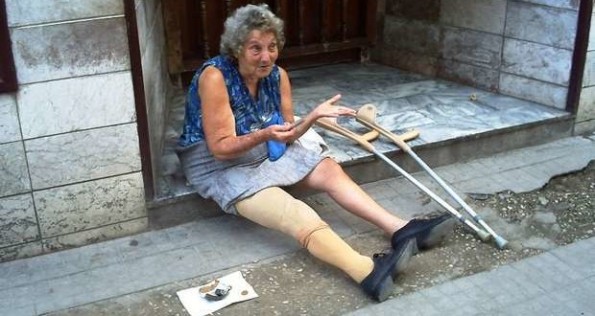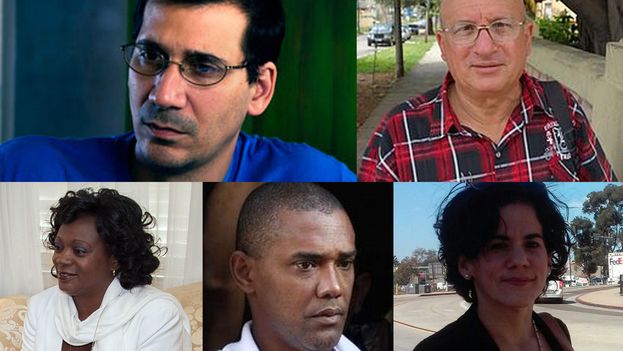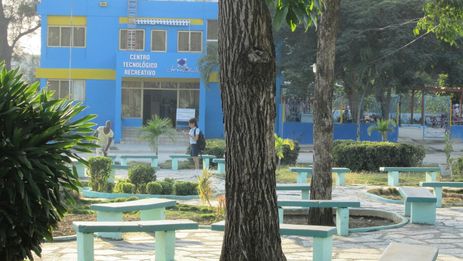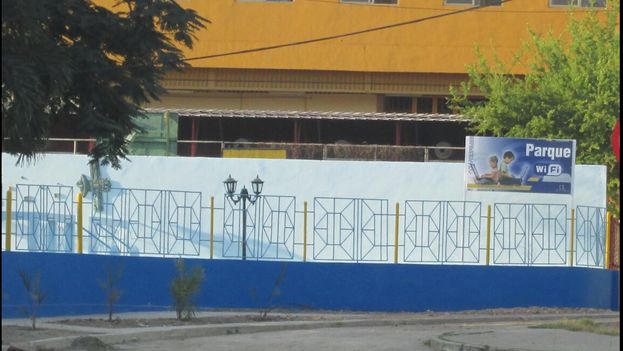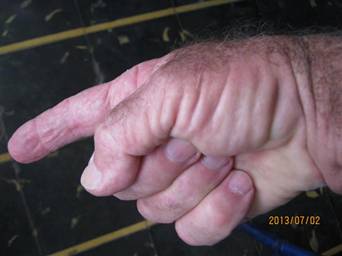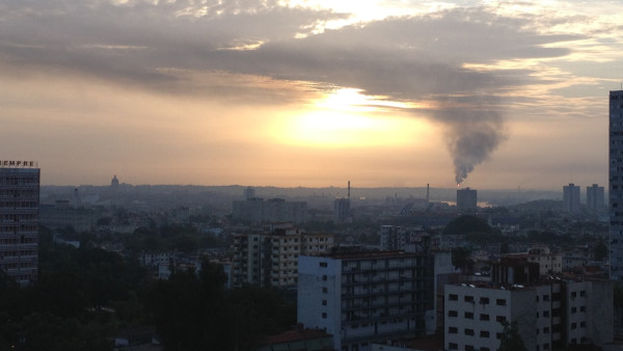
14ymedio, Pedro Campos, Havana, 16 January 2015 — The resumption of diplomatic relations between Cuba and the United States and the beginning of the normalization of ties of every kind between both countries, which implies the elimination of the political blockade that the great power of the north sustained against the small Caribbean Island, opens a compass of hope and a new space that, taken good advantage of by all the constructive and democratic Cuban forces, creates — as never before — the conditions for a better Cuba for all Cubans.
Some at the extremes consider that this approach could distance, rather than bring closer, a better future for all citizens. Some because they believe that it will prolong and consolidate the Castro dictatorship, others because the “empire” will appropriate the economy and the hearts of Cubans. continue reading
Apart from the narrow sectarian interests that may be hiding behind these visions, none of them seem to realize the full benefits of this event for the vast majority of the Cuban people, their democratic hopes, their creativity, their productive forces and especially for their sovereignty as authentic decision maker and executor of their own future.
Some time ago I wrote that if the solutions to the problems of the Cuban people are entrusted to the help and benevolence of the powerful northern neighbor it would mean handing over the country for a miserable pittance. To ignore the advantages of a constructive and peaceful relationship with the U.S., would condemn the nation “besieged citadel” to the mercy of nationalist opportunism of all kinds.
Move the country along the path between those positions from a major and growing participation of citizens in decisions of all kinds, in politics and in economics, is the key and, at the same time, the great challenge of the Cuban democratic left .
The “update of the model” promoted by the government of Raul Castro, ceding to cooperatives and self-employment a secondary space in the economy, giving priority to state enterprises and leaving unmet his own assertion that the State should not run enterprises, without understanding the significance of free labor, associated or not for socialism, and forgetting the initial objectives of this Revolution, which does not belong to them but to all the people, about the reestablishment of democracy.
If in parallel with the process of negotiations with the US and its participation in supporting the development of the economy there is not a deepening of the process of socialization of property through the extension of self-employment, small and medium enterprises of all types, cooperatives, and worker participation in management, administration and distribution of the profits of state enterprises, with democratization and diversification of institutions of political participation at all levels, Cuba runs the risk of moving from a monopoly decadent state capitalism, imposed in the name of a socialism that has ever existed, to a form of authoritarian State capitalism, controlled by a political-military elite in association with the great American capital.
We have to recognize the presidents of the United States and Cuba have taken this step to create primary conditions for a country better than has ever been possible. But let this opportunity opens the way to the Cuba “with all and for the good of all” that Martí dreamed of and for which several generations of Cubans fought for nearly two centuries, relying on the citizens themselves and their own intelligence.
This is the time for dialogue and consultation, prudential waiting and popular and democratic alliances working with the interests of the majority.
If Raul and his inner circle want to consolidate their position and bring the upgrade of the model to fruition, they will have to remove all the obstacles imposed by the heavy burden of the old neo-Stalinist party bureaucracy that controls the mass organizations, electoral processes, local authorities and state enterprises, and seek an alliance with the workers and the middle classes, opening every possible space.
We must avoid foreign companies ending up investing only in cooperation with state enterprises, without real independence to contact for labor, without credit or possibilities to develop small and medium sized businesses, with private or associated capital.
In this sense, the Investment Law will be relaxed and become a simple law of businesses, so that Cuban capital sources of whatever dimension, inside the country and abroad, can deploy their initiatives.
The State has to open the possibilities for external and internal trade, as currently their control remains the main cause of high prices which prevents the lowering of the costs of input and of a wide range popular consumer goods, especially food.
Another aspect to immediately review is the tax law that continues to tax revenues, not profits — a factor limiting the expansion of emerging companies — and to eliminate all the paraphernalia of absurd permissions to open businesses and cooperatives, whether in services or production.
All the constructive and peaceful forces in the country should, within and outside the government, within and outside Cuba, set aside grudges and revenge and engage in a national dialogue that makes possible a shared path of national progress towards a new constitution, democratic in its content, and towards how to achieve it.
The upcoming elections to the National Assembly of People’s Power are moving forward. This is a good opportunity for the government to demonstrate its commitment to democracy, to end the legal repression of of the political activism of those who think differently, to facilitate the expansion of freedom of expression and association, and to make changes to the electoral law that enable more democratic forms of putting forward candidates, and direct elections of mayors, provincial governors and the President of the Republic.
The nation will move forward with everyone it it will never be. None of its parts is entitled to hijack the future for narrow interests.
From the defense of the positions of the Participatory and Democratic Socialism, we advocate consultation, dialogue, meeting, national reconciliation and prosperity for the Cuban people in an atmosphere of peace and democracy.
A better Cuba is more possible than ever. To achieve is it is the responsibility of all Cubans of goodwill.
16 January 2015

